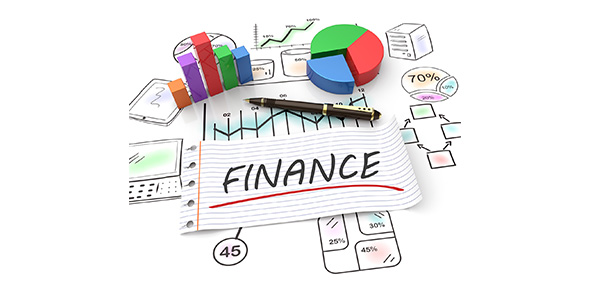Related Flashcards
Related Topics
Cards In This Set
| Front | Back |
|
Transfer payments
|
Payments to individuals or institutions that are not linked to current supply of a good or service by the recipient
|
|
The Differences and Similarities between Governments and Markets
|
1. Competitive behavior is present in both the market and public sectors.2. Public sector organization can break the individual consumption-payment link.3. Scarcity imposes the aggregate consumption-payment link in both sectors.4.Private-sector action is based on mutual agreement; public-sector action is based on majority rule.5.When collective decisions are made legislatively, voters must choose among candidates who represent a bundle of positions.6. Income and power are distributed differently in the two sectors.
|
|
Public-choice analysis
|
The study of decision making as it affects the formation and operation of collective organizations, like governments. In general, the principles and methodology of economics are applied to political science topics.
|
|
Incentives Confronted by the Voter
|
Votes realize that their one vote will not affect the outcome of election, therefore their interest in voting is decreased.
|
|
Rational Ignorance Effect
|
Because it is highly unlikely that an individual vote will decide the outcome of an election, a rational individual has little or no incentive to search for and acquire the information need to cast an informed vote.
|
|
Incentives Confronted by the Politician
|
Page 130
|
|
Incentives Confronted by the Government Bureaucrat
|
Page 130
|
|
When the Political Process Works Well
|
When voters pay in proportion to benefits received, all voters will gain if the government action is productive, and all will lose if it is unproductive.
When the benefits and costs derived by individual voters are closely related, the voting process will enact efficient projects while rejecting inefficient ones. When Voters pay in proportion to the benefits they receive, there will tend to be harmony between good politics and sound economics. |
|
User Charges
|
Payments users(consumers) are required to make if they want to receive certain services provided by the government.
|
|
When the Political Process Works Poorly
|
133
|
|
Special Interest Issue
|
An issue that generates substantial individual benefits to a small minority while imposing a small individual cost on many other citizens. In total, the net cost to the majority might either exceed or fall short of the net benefits to the special-interest group.
|
|
Logrolling
|
The exchange between politicians of political support on one issue for political support on another.
|
|
Pork-barrel legislation
|
A package of spending projects benefiting local areas financed through the federal government. The costs of the projects typically exceed the benefit in total, but the projects are intensely desired by the residents of a particular district having to pay much of the costs.
|
|
Earmarking
|
The direction of budgeted funds to specific projects, programs, and locations. The technique is costly but provides major benefits to business firms and other concentrated constituent groups, and to the districts where the spending takes place. The benefits are often targeted to those willing to make substantial campaign contributions.
|
|
Three major reasons why government transfer activity will reduce the size of the economic pie
|
1.Income redistribution weakens the link between productive activity and reward.2. as public policy redistributes a larger share of income, more resources will flow into wasteful rent-seeking activities.3.higher taxes to finance income redistribution and an expansion in rent seeking will induce taxpayers to focus less on income-producing activities and more on actions to protect their income.
|







